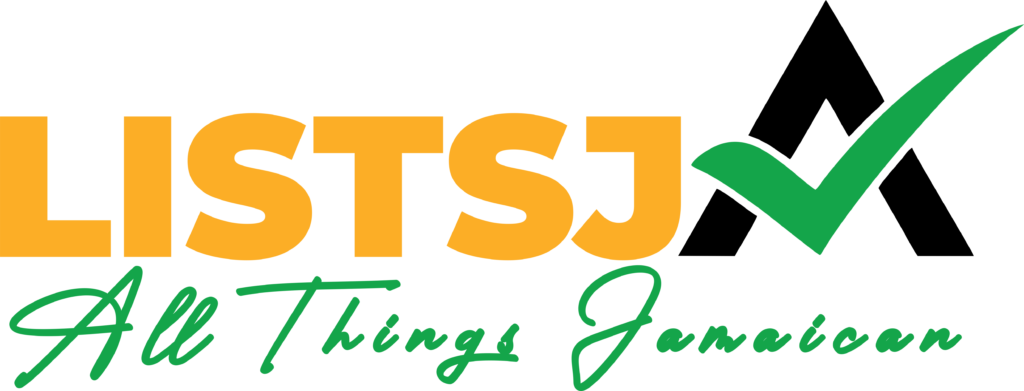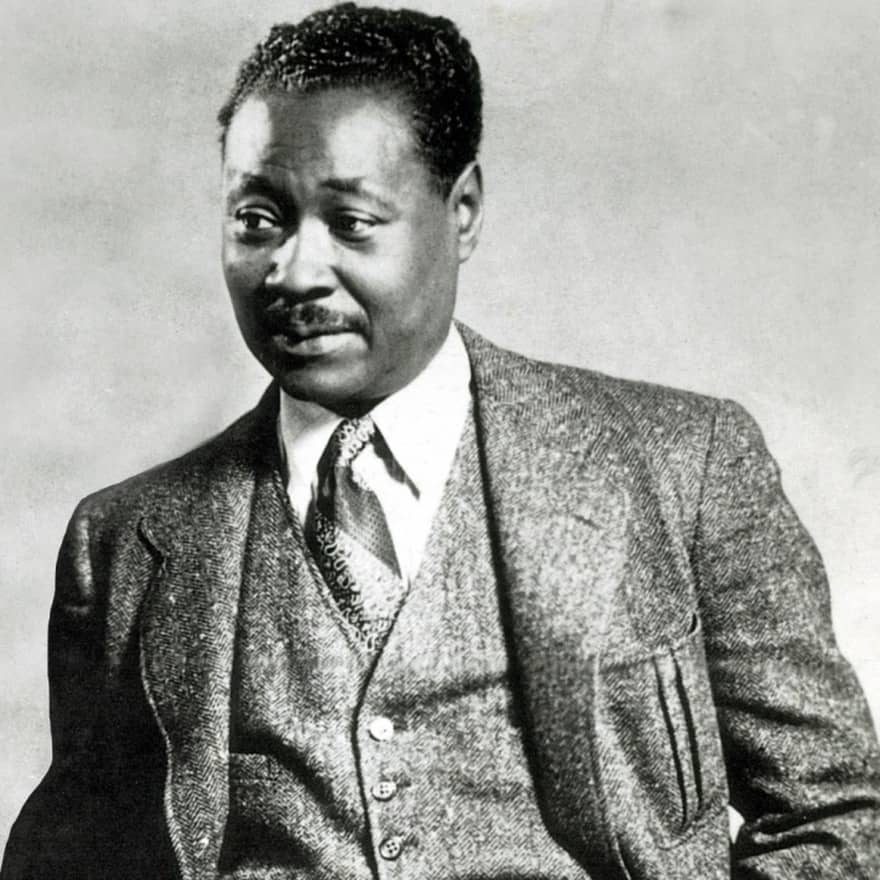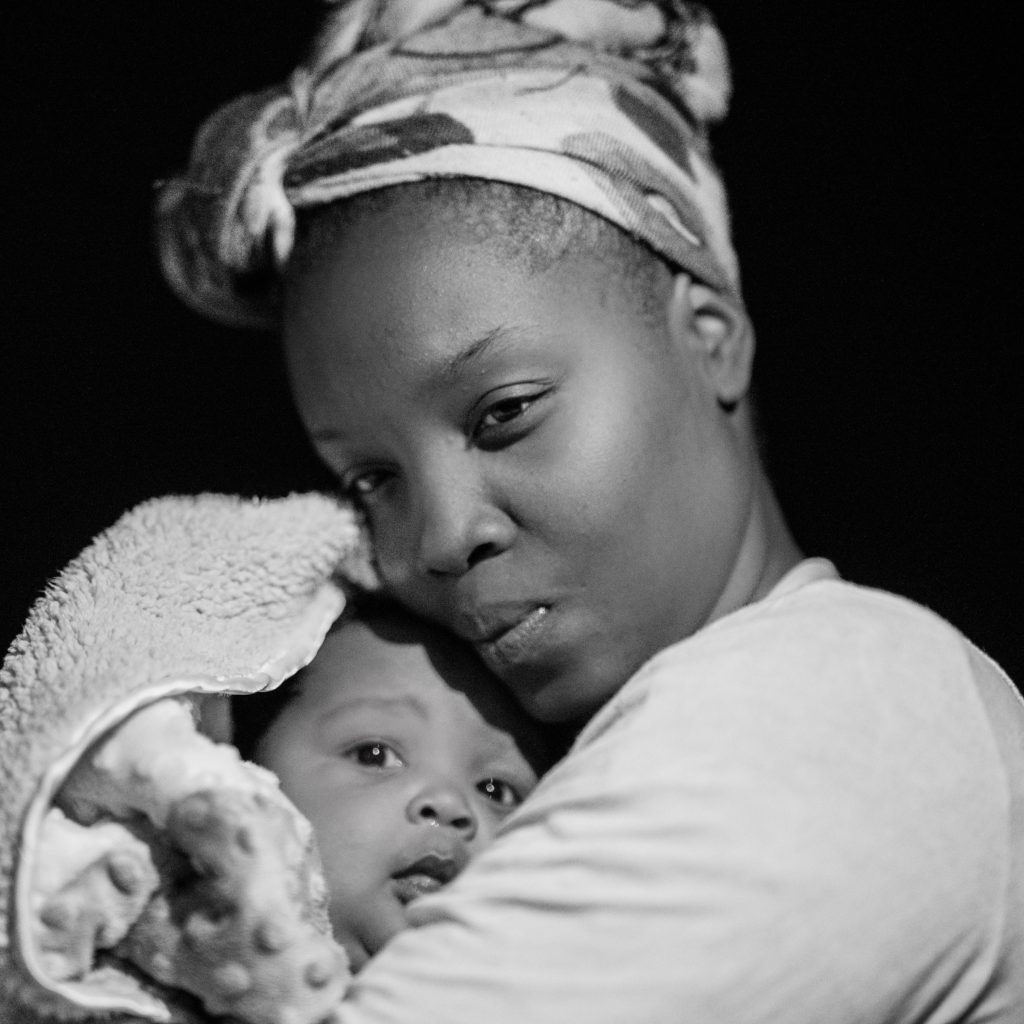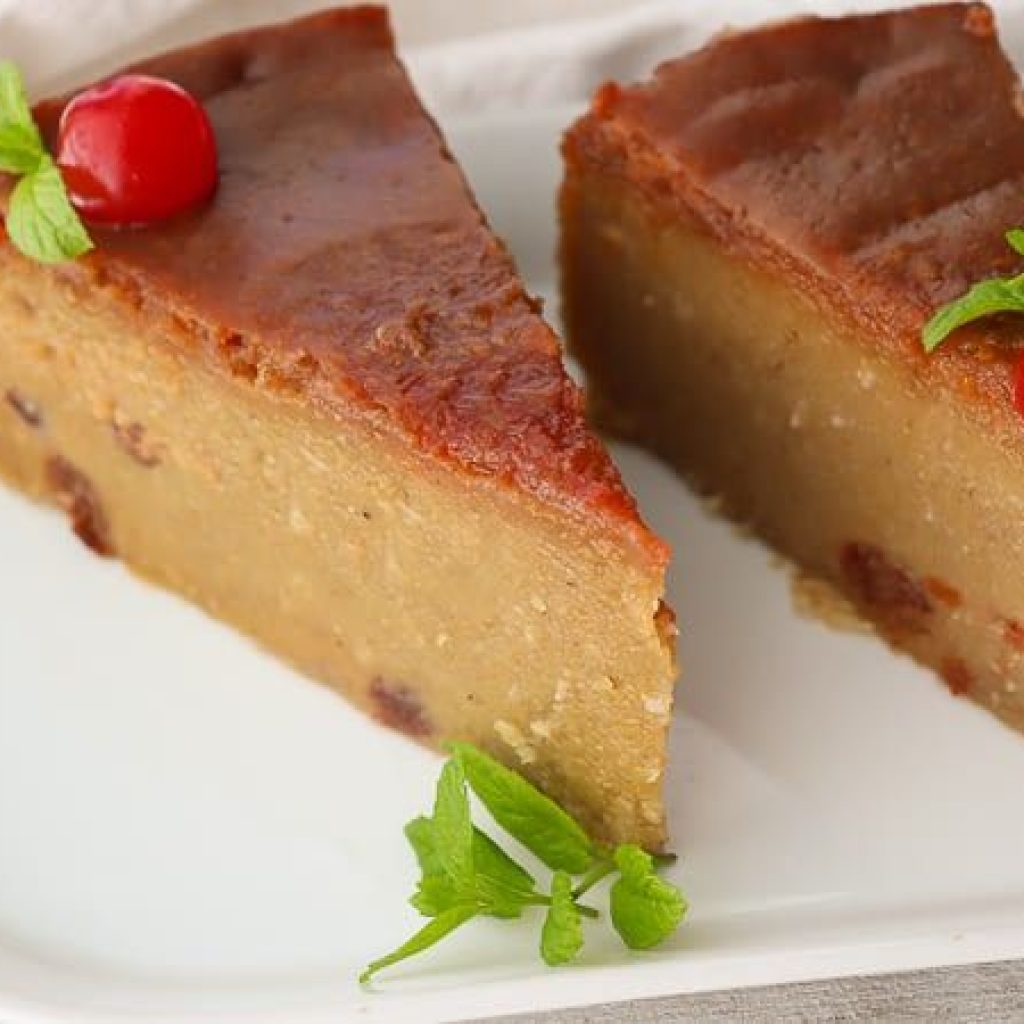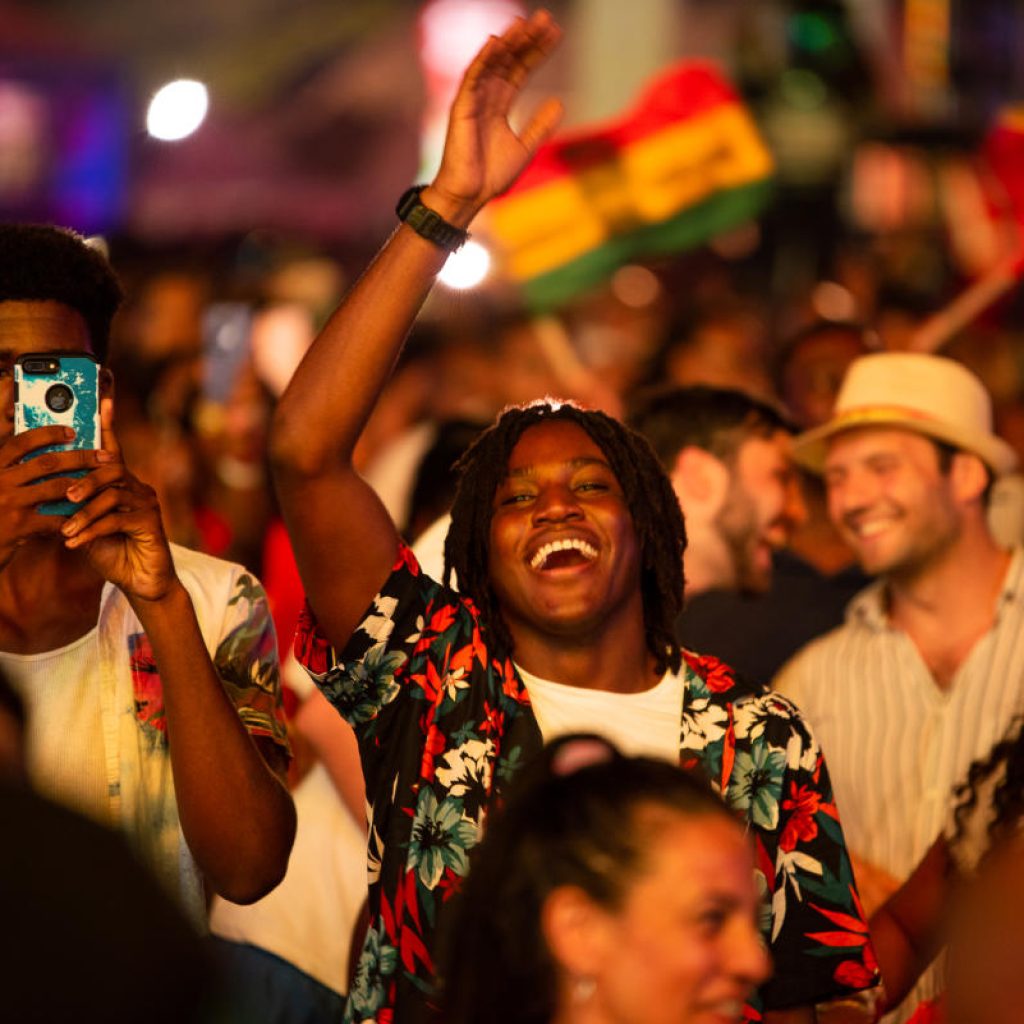How many Jamaicans actually know who the founding mothers and fathers of this blessed island are? Can you name some men and women who fought strategically and aggressively for Jamaica to be – what we proudly declare today – an independent
island, free from oppression?
We argue about the slippery slope of the Jamaican dollar, the actions and inactions of our many leaders and which streets, lanes, highways and bypasses should be assigned the names of famous Jamaicans without even realizing how privileged we are to be having these conversations and debates as citizens of an independent state.
Older Jamaicans – particularly those who were born before 1962, may recall stories of the unrelenting advocacy and revolts of our ancestors who endured an oppressive life on this island.
But who are they? And what contributions did they make to present-day Jamaica?
Here is a list of 14 freedom-fighting Jamaicans you should know. 1
1.Nanny of the Maroons
The only national heroine of Jamaica, Nanny, was one of the undefeated and revered maroon leaders who was feared by the British soldiers when the United Kingdom ruled Jamaica. Some say she had supernatural powers while others say her strength and
knowledge of the mountains made it incredibly impossibly for the British soldiers to claim victory in any maroon attacks she led.
2.Marcus Garvey
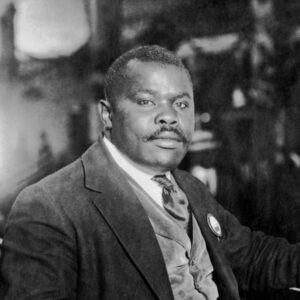
This man who was born to a stone mason and a domestic servant in St. Ann’s Bay, St. Ann is the first black man to successfully lead a Black Nationalist movement in the United States. Marcus Garvey’s teaching on black identity and black consciousness have shaped the works of civil rights leaders globally. Without question, he was conferred with Jamaica’s highest national honour, national hero in1969.
3.Paul Bogle
Most people know that Paul Bogle led the Morant Bay Rebellion in 1865 but many do not know that Bogle was born a free man. He actually was among the first set of Jamaicans who had the privilege to vote. But he was deeply concerned about his brothers and sisters who were being oppressed and took it upon himself to do somthing about their plight.
4. Sam Sharpe
If you ever wondered how he looked, take a look at the man on Jamaica’s $50 bank note. That’s Sam Sharpe, the Baptist deacon who led hundreds of slave in revolt in December 1831. That rebellion is the Caribbean region’s largest slave rebellion on record.
5. George William Gordon
While this man was born to an Irish father, his deep concern and advocacy for the freedom of enslaved Africans on the island led to his hanging death in 1865.
6. Cudjoe
Every year, thousands flock to the hills of Accompong (on the border of St. Elizabeth & St. James) to join the lively maroon celebrations. But how many are aware that it is a celebration of the life of revered maroon captain Cudjoe? January 6 is said to be his birthday. On this date, Maroons also celebrate their 1739 victory over the British in the first maroon war.
7. A.G.S Coombs
He was the first-ever Jamaican to lobby and organize a trade union for worker’s rights in Jamaica. His passion for the working class in Jamaica guided his political career which included his contribution to the formation of the Bustamante Industrial
Trade Union, the People’s National Party and the National Workers Union.
8. Richard Hill
Although his father was an English man, Hill was among the few whites in Jamaica’s pre-emancipation era who advocated for the rights of enslaved Africans. He was instrumental in the founding of a number of primary level schools for children of slaves.
9. Richard Hart
If it weren’t for this Jamaican historian, we may have never known the facts surrounding a number of events that took place in the pre-independence era in Jamaica. To this day, his publications offer comprehensive overviews of the heritage and history of the Caribbean islands during the years leading up to independence.
10. Alexander Bedward
While some believed this Jamaican religious leader had some bizarre practices, he is respected as one of the few Baptist pastors who publicly challenged the oppressive, colonial powers in the 1920s. His black consciousness movement within the church gave birth to what we now know as Revivalism.
11. Claude McKay
You were probably asked to memorize and recite one of his poems in primary school or maybe you know the high school in Clarendon that carries his name. McKay was a Jamaican poet who gained prominence in New York for influencing the start of the
Harlem Renaissance, a black empowerment literary movement. His writings challenge the oppression that black people were facing in America at the time.
12. Louise Bennett “Miss Lou”
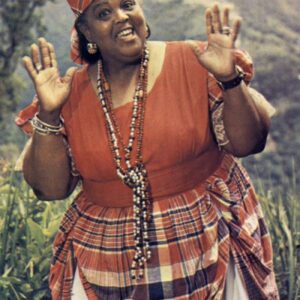
If we speak about literary arts, we must acknowledge the Jamaican woman who gave global credence to the Jamaican language – Patois. Bennett is known as the mother of Jamaican folklores as she celebrated Patois and the Jamaican lifestyle in all her
works that caught the attention of audiences across the globe. She writings gave Jamaicans the freedom to appreciate and love the only language that is uniquely theirs.
13. Bob Marley
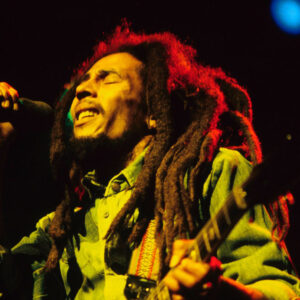
No other musician in Jamaica speak about freedom like Bob Marley. His message and music, still charting on international music charts today, reminds black people to be proud of who they are and to rise up against oppressive systems.
14. Michael Manley
If standing boldly against opposition could be personified, you would see a picture of this former prime minister of Jamaica. In spite of threats of a trade embargo by the United States, Manley boldly aligned with Cuba to lead a nationalist campaign that
saw the development of Jamaica’s healthcare, agriculture, education and housing sector.
There you have it! 14 Jamaicans you ought to know. Even if you aren’t Jamaican, spend some time reading some more about the founding fathers and mothers of black people liberation in the western hemisphere.
While you’re at it! Subscribe to listsja.com so that you’re the first to be notified when we publish a fresh list on your favourite topics.
